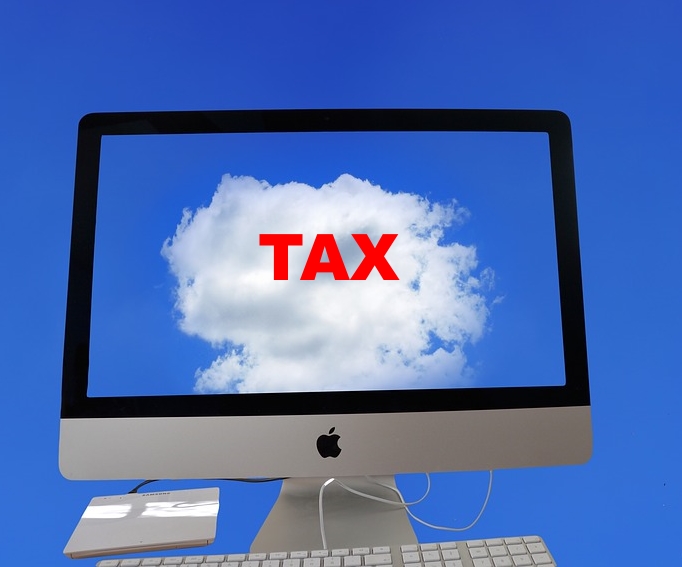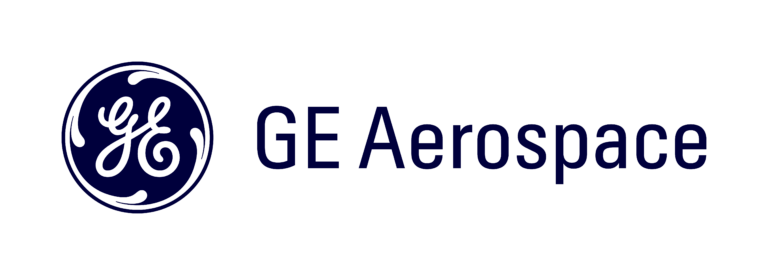Vermont’s Tax on “Prewritten Software” Is Now in Effect – What You Need to Know
All sales of “prewritten computer software accessed remotely,” better known as Software-as-a-Service, sold in Vermont are subject to the 6% sales and use tax, which became effective July 1, 2024. This also includes the 1% local option tax if the business is in a community that collects it.
With the law change, all sales and use of prewritten software is subject to the tax, even if accessed remotely. Examples include QuickBooks, Microsoft Office 365, Google Workspace, and Salesforce.
This tax applies only to prewritten software and not Platform as a Service, such as Google App Engine, or Infrastructure as a Service, such as Amazon Web Services.
The Vermont Department of Taxes has general information here.
Where Does the Tax Apply?
The tax only applies to software sold in Vermont. If a business sells software to a business outside of Vermont, it is not responsible for collecting the tax. However, it could be responsible for collecting the tax for other states with a tax on prewritten software. See this listing from TaxJar on states that tax SaaS. Whether the tax needs to be collected would also depend on the economic nexus, or amount of revenue, coming from a particular state. Annual sales of $100,000 is often the standard threshold, but it can vary from state to state. One resource to check nexus thresholds is offered by the Sales Tax Institute.
What about the tax on the prewritten software I purchase?
Most Vermont companies buy more prewritten software than they sell. In these cases, the company selling the software is responsible for collecting the 6% sales tax. Many national firms are coming up to speed on the need to collect Vermont’s tax. In cases where you notice the tax is not being collected, you can contact the company and ask them to do so. Otherwise, you are responsible for keeping track of the expenses and paying the state’s 6% use tax on your business or personal income tax return.
What about providing bundled services or platforms?
The tax only applies to non-custom, “off the shelf” software, not services provided by vendors, including setting up and maintaining a network, building and hosting a website, or renting space on a server.
For example, if an IT service provider sells a bundled computer management service that includes anti-virus software, the anti-virus software would be taxable, not the entire service, provided that the provider itemizes the pre-written software separately on invoices or bills. (Other pre-packaged software offerings included in the service would be taxed as well.) If the business purchases the service from a distributor or wholesaler and resells it to a customer at retail, it may be exempt from paying sales tax on it if purchased for resale. The business would then collect the sales tax for the service from their customers. See more on exemptions here.
What about enforcement and penalties?
There is no defined grace period, but the tax department realizes there will be a learning curve. If a business is audited and the period covers the summer of 2024, and they note instances of the tax not being collected, they will likely raise it as an issue, but not assess a penalty. However, if the tax is not collected as time goes on, the business would need to pay the taxes and could face a penalty.
What if I have questions or need clarification?
There are two approaches a business can take. One is to submit a question to the tax department such as to confirm an understanding or ask for a clarification. The other is to submit a ruling request. This is a formal process where the tax department will write an opinion that is binding on the Department and the taxpayer. .It also can be appealed. You can find the contact page and send a message here.






